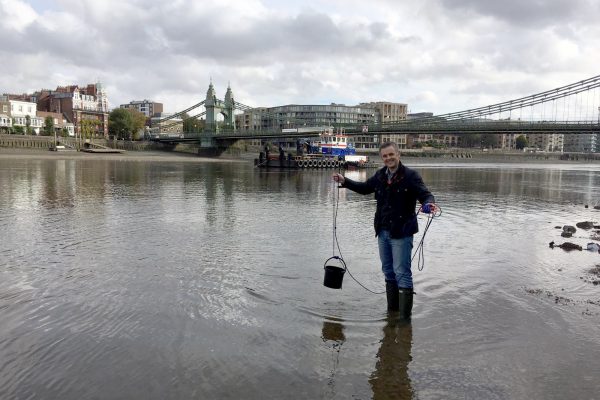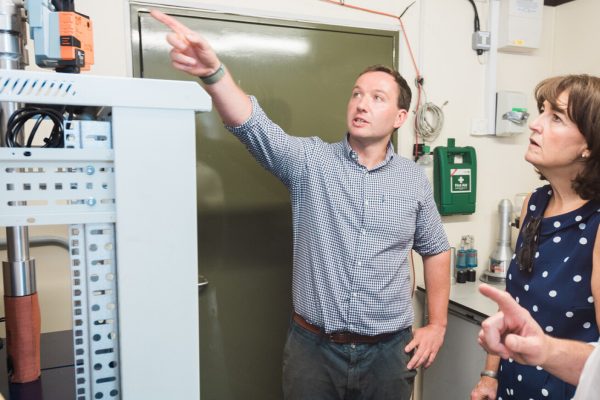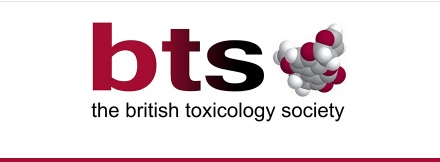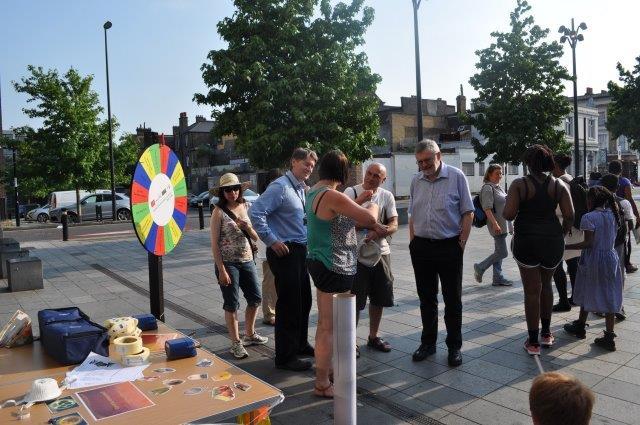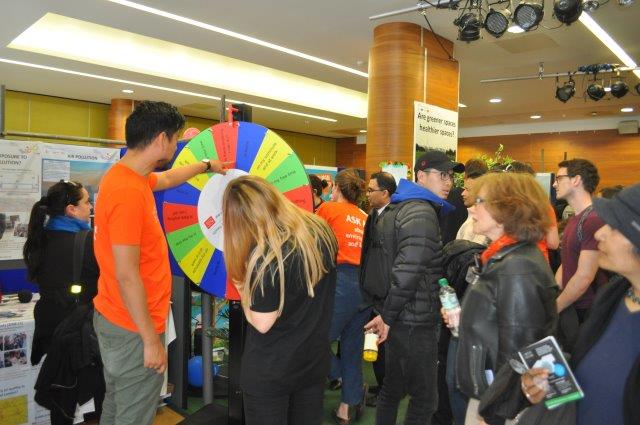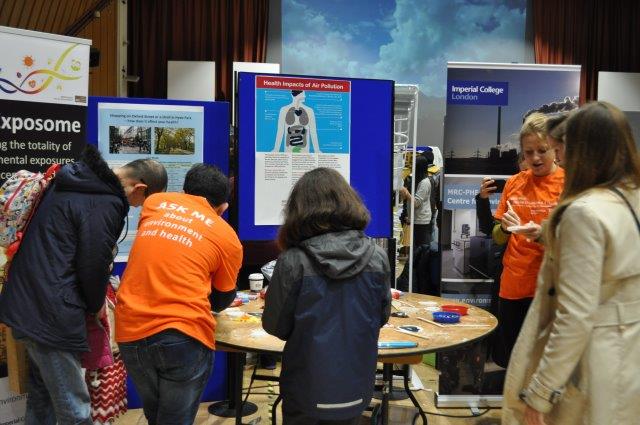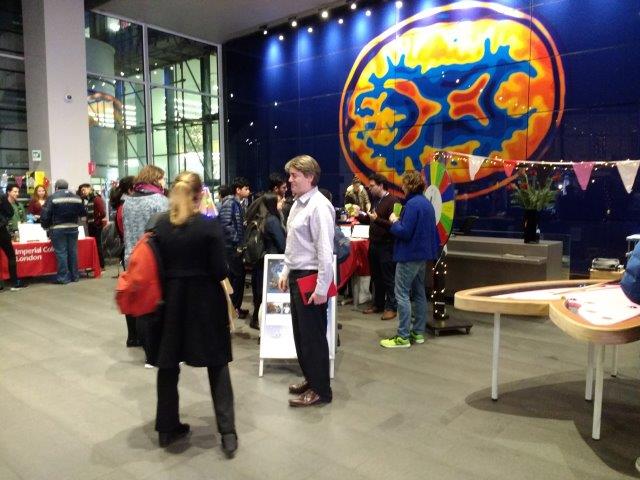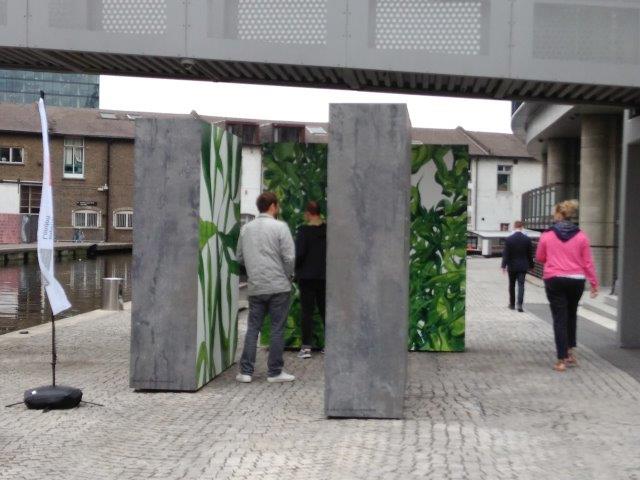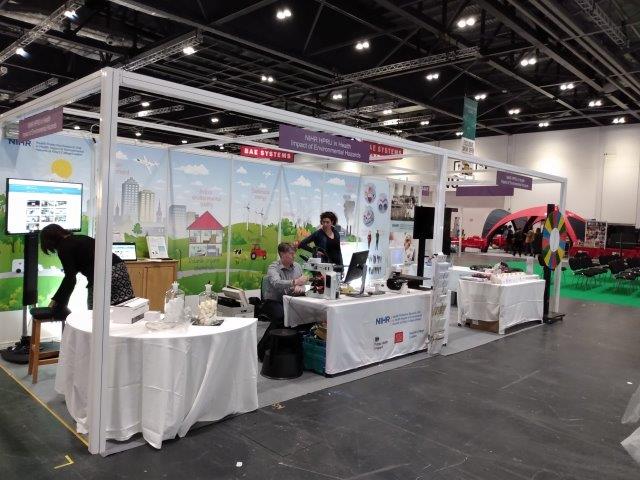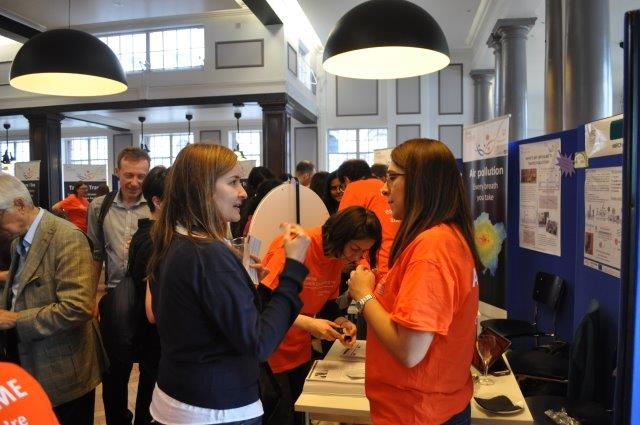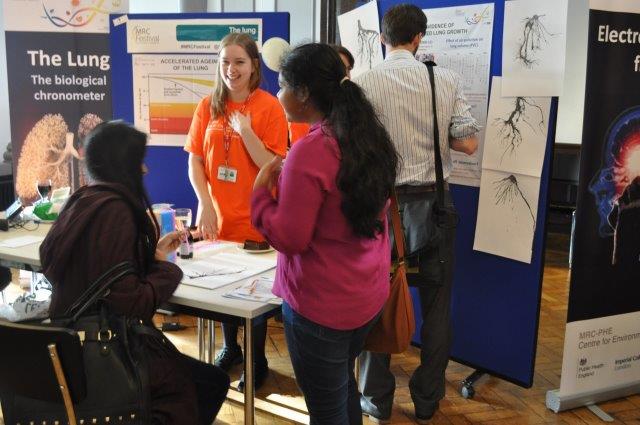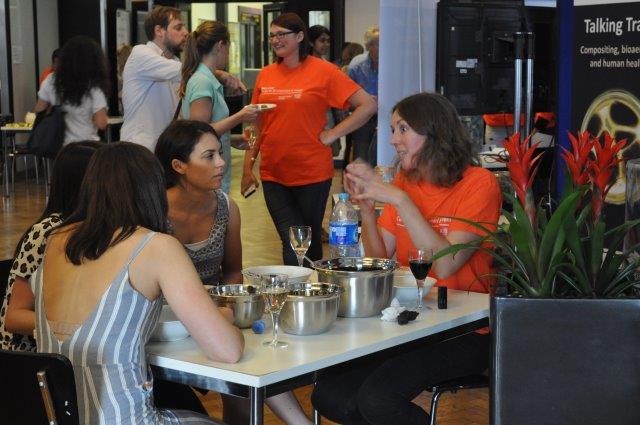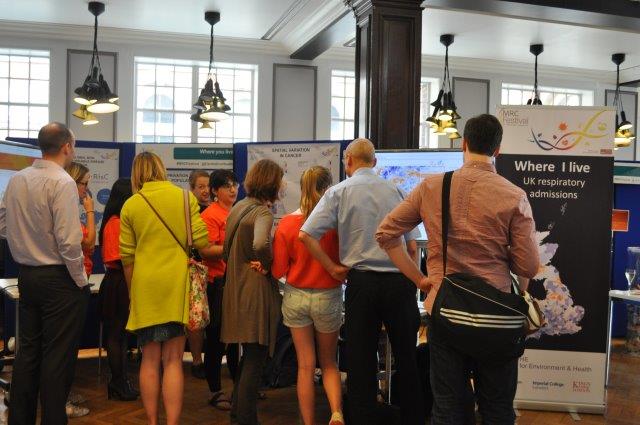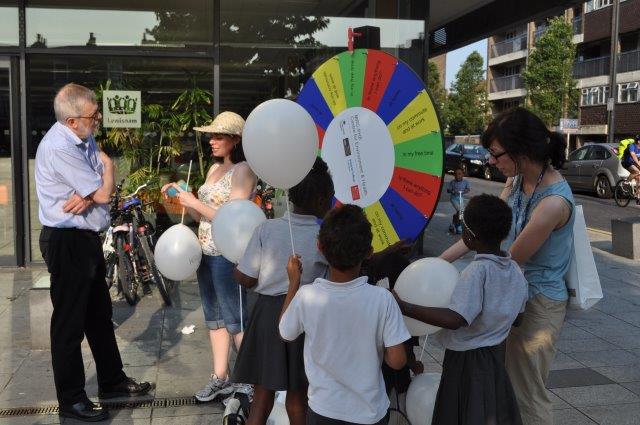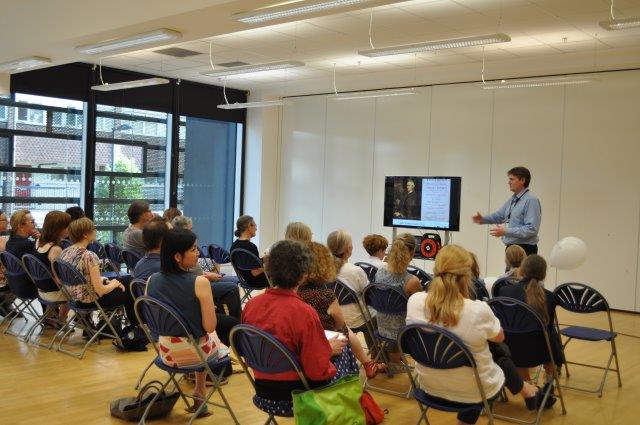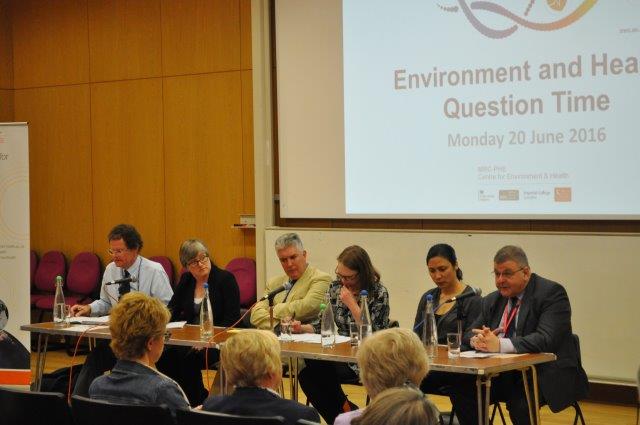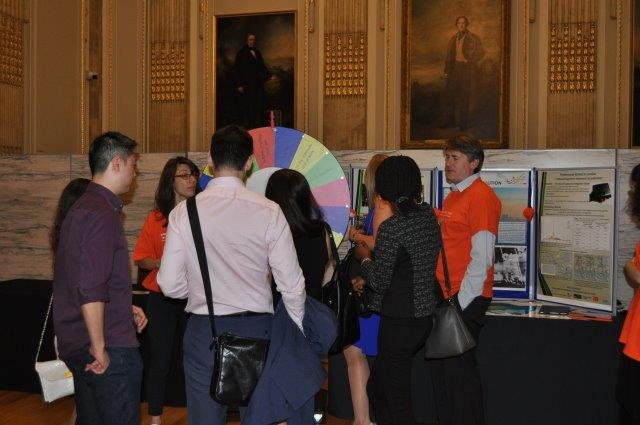Welcome
Welcome to the National Institute for Health and Care Research Unit (NIHR HPRU) in Environmental Exposures and Health at Imperial College London.
This HPRU is a partnership between Imperial College London and the UK Health Security Agency, in collaboration with King’s College London and the MRC Toxicology Unit, Cambridge.
We have strong links with the Chemical and Radiation Threats and Hazards HPRU and the MRC Centre for Environment and Health and to ensure we operate as a highly collaborative matrix, analogous to the UK Health Security Agency’s multi-functional, single-agency model, we have created a Joint Steering Committee, Training Programme Committee, Public and Community Involvement, Engagement and Participation Committee and Public and Community Oversight Group.
This HPRU brings together our expertise in air quality measurement and modelling, exposure assessment, conducting large-scale epidemiological studies, biomarkers and disease mechanisms and chemical toxicology of fibres and particles to produce the scientific evidence needed to support the effective protection of the population from these environmental hazards.
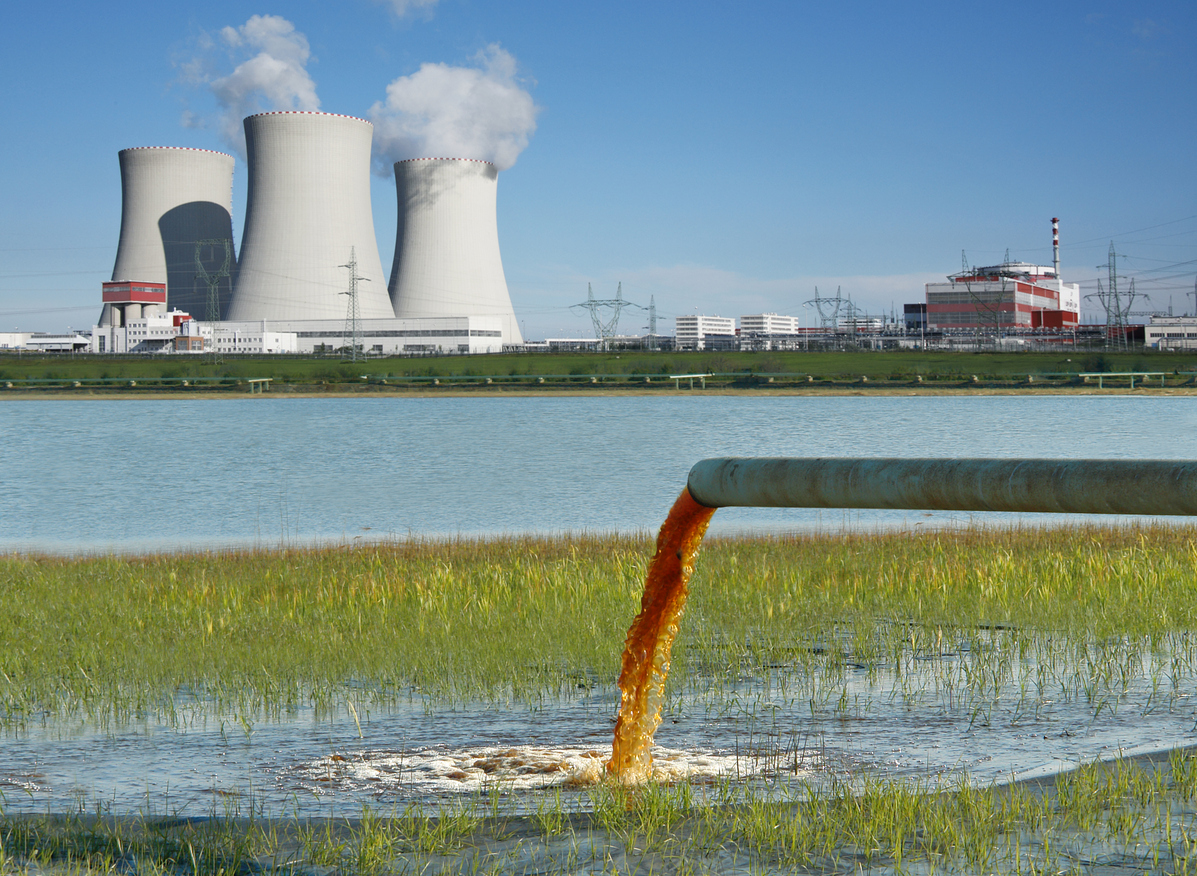
Mission
The mission of this HPRU is to undertake the highest quality research on the health effects associated with exposure to a range of environmental pollutants, including those in the ambient and indoor settings. Our aims are to improve the understanding of the distribution, determinants and pathways linking these exposures to health effects, to provide scientific evidence that will impact directly on public health practice and policy, and to train the next generation of research leaders in environment and health.
Research
The research programme is organised into four complementary themes focusing on furthering understanding of the risk of ambient and indoor air pollutants on health, by examining a range of adverse endpoints in specific population subgroups (e.g. adverse birth outcomes and cognitive function in school children) and in specific locations (indoor, homes and offices, transport micro-environments including the London Underground).
In addition, we will look at emerging exposure issues including e-cigarettes, microplastics, illicit and herbal drug use and brake and tyre wear toxicology.
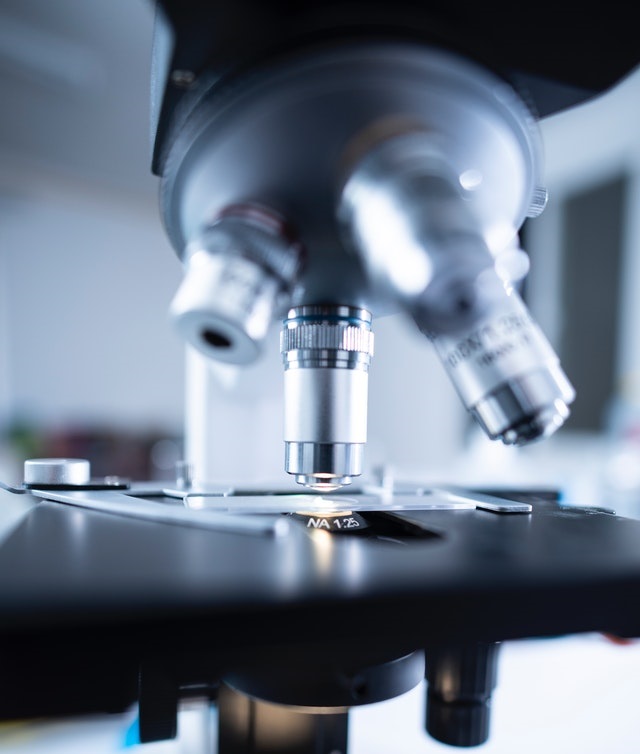
Theme I - Challenges
1. What are the exposures to toxicants from all environmental sources and consumer products in different populations?
2. Can models be developed to predict exposure?
3. What is the public perception of risk from these toxicants and how are potential risks best communicated?
Theme III - Challenges
1. What biomarkers emerge following acute exposure to different air pollutants and do they discriminate between different sources?
2. Are non-exhaust PM emissions (brake, tyre and road wear) of toxicological relevance and what are the relative toxicities of exhaust PM and NO2?
3. What are the relative toxicities of e-cigarette components?
Theme II - Challenges
1. What are the impacts of air pollution on birth outcomes, cognitive development, mental health and dementia in later life ?
2. What are the impacts of traffic related air pollution on school children’s neurodevelopment and overall health and to what extent does the ULEZ mitigate against any adverse effects ?
3. What, if any, is the impact of air pollution on the London Underground?
Theme IV - Challenges
1. Do microplastics have detrimental human health effects?
2. What are the potential health consequences of waste fires on local populations?
3. What are the health impacts of living near biomass electricity generating installations or being exposed to waste fire emissions?
Latest News
-
Dr Leon Barron talks to The Observer about his work on analysing wastewater
Posted on May 8, 2024Continue readingHow analysing wastewater can provide a snapshot of what’s happening in our city, say’s Dr Leon Barron who leads the Emerging Chemical Contaminants team in the Environmental Research Group, Imperial College. Read his interview here as he talks to The Observer.
-
Research prizes galore and sex differences in inflammation: News from Imperial
Posted on April 22, 2024Continue readingDr Julia Fussell, Dr David Green, Dr William Hicks, Dr Ian Mudway and Professor Frank Kelly of the Environmental Research Group, Imperial College London, have been selected as first joint runner up for their paper in the ‘Critical Review’ category for the ES&T’s Best Paper Awards for 2022. The paper reviewed the impact of non-exhaust […]
-
How can policy making be improved by citizen Science?
Posted on April 21, 2024Continue readingDr Kayla Schulte participates in the roundtable on ‘How can policy making be improved by citizen science? HTML
-
British Toxicological Society Annual Congress 2024
Posted on April 17, 2024Continue readingThe Annual British Toxicological Congress took place at Spaces in the Spine, Liverpool from 15th-17th April 2024. Professor Frank Kelly, Battcock Chair in Community Health and Policy at Imperial College London, delivered the Plenary Lecture. His talk, ‘Air Pollution and Public Health: emerging hazards and improved understanding of risk’ opened the 3 day programme. There […]
-
Environmental Science and Technology Best Paper Awards – Dr Julia Fussell
Posted on April 2, 2024Continue readingHuge congratulations to Dr Julia Fussell, Senior Research Fellow in the Environmental Research Group, Imperial College London, who along with her co-editors have won the first runner up in the Critical Review category in the 2022 Environmental Science and Technology Best Paper Awards of 2022. The paper titled, ‘A Review of Road Traffic-Derived Non-Exhaust Particles: […]
-
Beyond the Flames: Expert Insights on Gas Cooking – Professor Frank Kelly talks to CLASP
Posted on March 26, 2024Continue readingProfessor Frank Kelly talks to CLASP Europe about the impact of cooking with gas appliances. You can watch his interview here.


